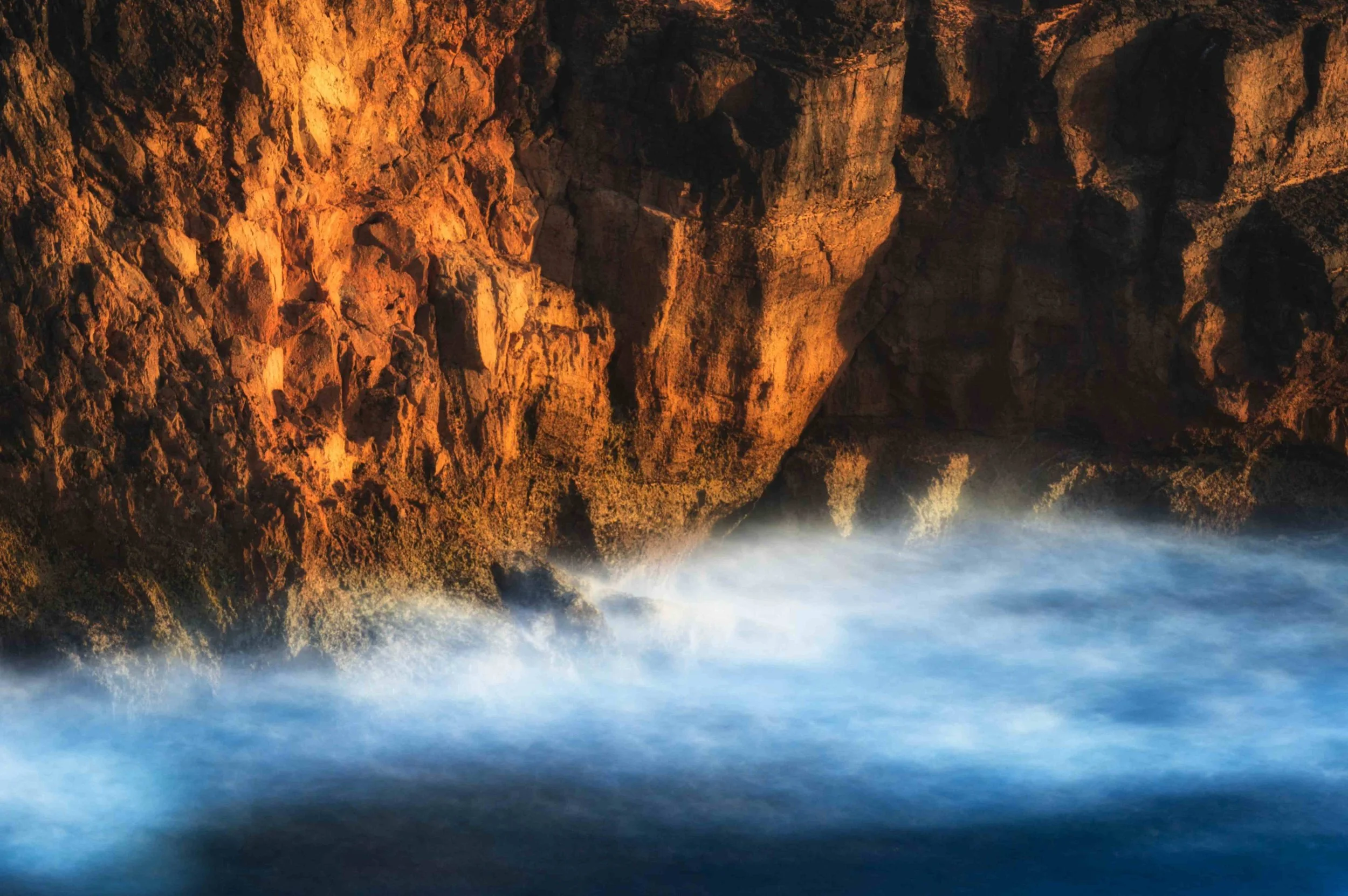How to Pick the Right Landscape Photography Workshop for You
Are you considering taking a workshop on landscape photography but are unsure which one would be best for you? Selecting the ideal workshop might be difficult with so many alternatives. You're investing your time, money, and creative energy, after all. The correct workshop has the power to change your life by fostering your professional development, introducing you to beautiful places, and fostering relationships with like-minded people.
As a workshop operator, I am aware of how critical it is for people to have confidence in their decision-making. Let's examine how to locate a workshop that fulfills your objectives and offers a memorable experience.
1. Define Your Goals and Skill Level
Think about what you hope to accomplish before exploring the possibilities. Do you want to hone your technical abilities, such learning how to take longer exposures or enhancing your post-processing? Maybe you're eager to discover a place you've always wanted to shoot or to compile a portfolio of stunning locales.
Knowing what degree of talent you now possess is equally crucial. Workshops with a significant educational component—imagine classroom-style editing sessions combined with on-location training—might be beneficial for novice photographers. Intermediate or experienced photographers, on the other hand, might like seminars that provide them with creative flexibility and vision-specific coaching.
What are your photography goals?
By aligning your goals and experience with what a workshop offers, you’ll set yourself up for success from the start.
2. Research the Workshop Leader
The workshop facilitator has a significant impact on your experience. In addition to being a talented photographer, a good leader is also a patient instructor, an experienced tourist, and a guide who knows the area inside and out.
Spend some time perusing the individual's portfolio. Do you find inspiration in their photos? Is their aesthetic in line with yours? Look into their reputation in addition to their photos. Examine reviews, read testimonies, and, if you can, get in touch with previous participants to learn about their own experiences.
For example, when I lead workshops, I focus on combining in-depth teaching with a relaxed, collaborative atmosphere. I believe that photography should be as much about enjoying the process as achieving great results. A good leader will not only share their knowledge but also create an environment where you can thrive creatively.
3. Consider the Destination
Selecting a location is one of the most exciting aspects of selecting a workshop. The location will influence your experience, whether it's the breathtaking sand dunes of Namibia, the frozen scenery of Iceland, or the undulating hills of Tuscany.
Consider what most thrills you while choosing a location. Are you drawn to untamed nature, serene seascapes, or breathtaking vistas? Take into account practical considerations as well, such as the time of year, the distance to go, and the potential photographic opportunities presented by the weather.
While Europe provides a remarkable range of landscapes that are easily accessible for a weekend vacation, Namibia's dunes are enchanted by the shadows formed by the golden hour light.
What Destination do you have in mind?
4. Group Size and Dynamics
The size of the group has a significant impact on the atmosphere of each workshop. For people who seek specialized help, smaller groups might offer greater flexibility and one-on-one instruction. Conversely, larger groups may be more gregarious and cooperative.
Consider this: are you more energized by the energy of a larger group or do you prefer a more private atmosphere where you can focus on techniques? Additionally, observe how organized instruction and unstructured shooting time are balanced; achieving the ideal mix is essential to feeling at ease and motivated.
Happy photographers
5. Review the Itinerary and Logistics
A workshop's success or failure depends on its carefully thought-out schedule. Seek for workshops that focus the ideal times and places for photography in a well-defined program. Shoots at sunrise and sunset are common, but is there any flexibility in the schedule in case the weather changes?
Additionally, don't ignore the pragmatic aspects. What is covered by the price—transportation, food, and lodging? Are there any physical requirements, such as trekking to far-off places? It will be easier to plan and prevent surprises if you have all the information up front.
Photography Fun Times
6. Budget and Value for Money
The cost of photography workshops varies greatly, so it's critical to establish a spending limit and know what you're receiving for your money. Even while some workshops may appear expensive, take into account the benefits: professional training, access to special places, and frequently the ease of planned travel and lodging.
Keep in mind that this is an investment in your professional development as a photographer. Choosing the least expensive choice might result in a considerably poorer experience than spending a little more on a well-organized program.
Keep you budget in mind
7. Read Reviews and Testimonials
Speaking with previous attendees is the best method to determine the caliber of a session. Look for internet reviews, go through the workshop's website's testimonials, and check forums or social media for unbiased opinions.
A trustworthy workshop facilitator will have a history of happy attendees, and positive evaluations will give you the confidence you need to make a reservation.
Final Thoughts
Joining a landscape photography workshop is an incredible opportunity to hone your skills, visit awe-inspiring locations, and share your passion with others. By considering your goals, researching the leader, and choosing a destination that excites you, you’ll be well on your way to an unforgettable experience.
If you’re looking for workshops that blend hands-on instruction with access to breathtaking locations, I’d love for you to explore the ones I offer. Feel free to check out my Photography Workshops page or reach out with any questions—I’m here to help you find the perfect fit.
















